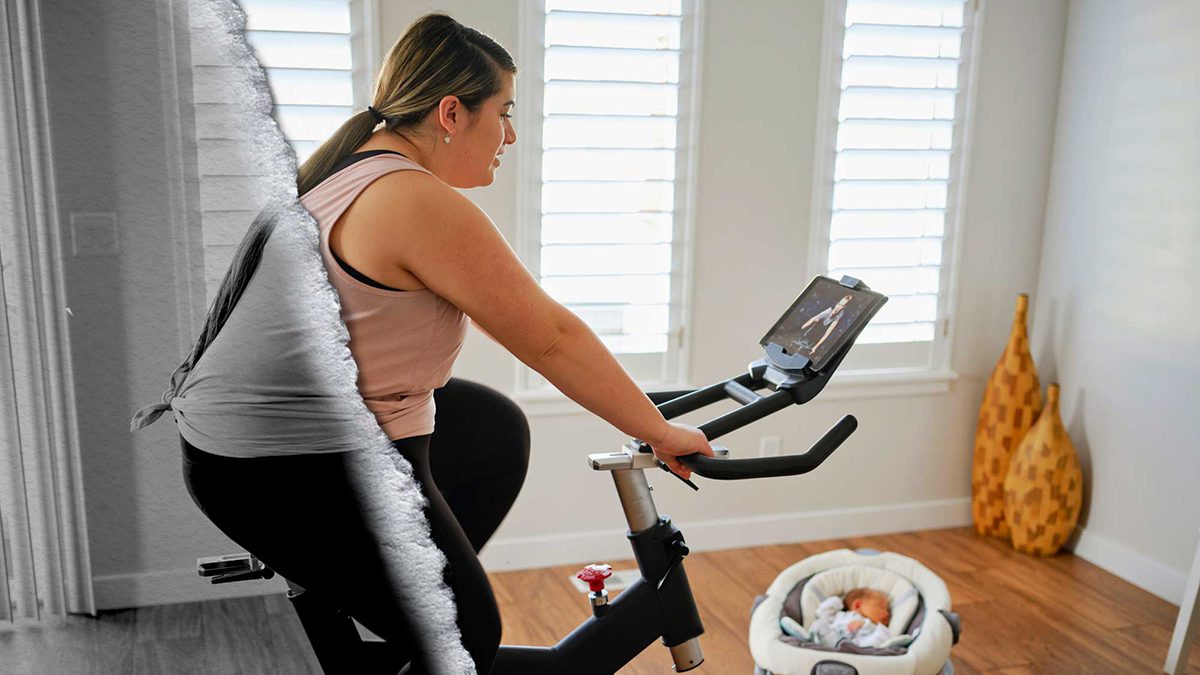Anxiety, the Pandemic, and You: Overcoming Mental Health Issues Due to COVID-19

Do you recall the early months of the COVID-19 pandemic in spring 2020? Many of us were locked down in our homes. Those who work on the frontlines had to confront the unknown head on, as the virus claimed lives and kept families apart. With no vaccine yet available, the rate of depression among U.S. adults jumped from 8.5 percent to 27.8 percent.
But a Boston University School of Public Health study published in October 2021 found that a year into the pandemic, even with vaccines available and more people traveling and socializing, rates of depression increased, climbing to 32.8 percent and affecting one in three Americans.
According to the Centers for Disease Control and Prevention’s (CDC) most recent estimates, 27.9 percent of Americans surveyed between December 29, 2021 and January 10, 2022 reported symptoms of anxiety disorder. As we enter the third year of the pandemic, why have anxiety and depression levels remained high and what can we do about it?
“It’s definitely been a tumultuous two years,” says Dr. Reetika Kumar, Market Medical Executive and VP of Strategic Clinical Solutions for Independence Blue Cross. “In some ways it’s brought people together, and in some ways, it’s split people apart — masking, no masking; vaccines, no vaccines; loss of life, loss of wages, the fear of the unknown; not being able to be with loved ones when they were sick. It’s taken a toll for sure.
Unequal Impact
But the pandemic has not affected all Americans equally. Health care workers, for one, have borne the brunt of the risk, with an unceasing workload and the emotional toll of witnessing severe illness and death. In one study, more than 80 percent of medical staff reported depression symptoms and nearly half said that the pandemic had somewhat or significantly reduced their chances of continuing their work in the medical field.
The pandemic has also disproportionately affected adults with lower incomes. The Boston University study showed that by spring 2021, people earning less than $20,000 were seven times more likely to experience symptoms of depression than people making $75,000 or more. Catherine Ettman, lead author of the study, suggests that addressing stressors related to job loss, childcare, and rent could help improve population mental health and reduce inequities that deepened during the pandemic.
“Mental health has touched every household,” Dr. Kumar says, “with some experiencing new anxiety such as the fear of the unknown and not being able to do the things we take for granted. Others had baseline mental health conditions that got so much worse.”
Silver Linings
A silver lining, Dr. Kumar says, has been virtual care. “Patients and providers who would never have considered participating in mental health care remotely were forced to pivot, and we’ve figured out that it works. It also helped remove the stigma — people are more likely to get virtual care than to go into an office, so access to mental health services has improved dramatically.”
Other mental health benefits of the pandemic have been the opportunity to spend more time with family and to be more present in children’s lives. And many workers are more focused on the importance of attaining a healthy work/life balance. They are feeling empowered to ask for a mental health day if they need it.
Still, the pandemic isn’t over, and for some, patience is wearing thin.
Maintain Sources of Support
“There’s a lot of pent-up anger, more reactivity to things, and less empathy,” Dr. Kumar says. “There’s still a lot of good out there, but you don’t often hear about it. I think eventually we’ll go back to the better place. I try to remember that you don’t know what someone’s going through or what stresses they’re under. It’s important to give people the benefit of the doubt.”
As the pandemic stretches into a third year, Dr. Kumar recommends that we focus on the things we can control. “I’m vaccinated, boosted, masked up for all the people around me, and I socially distance. If I’m not feeling well, I stay home. If you continue to be socially responsible and do the right things, then you can live your life.”
“Find your community,” Dr. Kumar suggests. “Have a practice of mindfulness or something healthy you do for yourself every day. Get help if you need it. Remember, you’re not in this alone. Lean on the people who love you and care about you, and use the resources available to you.”
Dr. Kumar has found an outlet through a cycling group on Facebook that keeps her exercising and connecting with a group of friends with whom she can vent and share experiences.
If You Need Help
For more information about depression, self-care strategies, and where to find help, visit ibx.com/knowyourmind.
If you, or someone you know, is in immediate distress or thinking about hurting themselves, call the National Suicide Prevention Lifeline toll-free at 1-800-273-TALK (8255). You also can text the Crisis Text Line (HELLO to 741741) or use the Lifeline Chat on the National Suicide Prevention Lifeline website.







